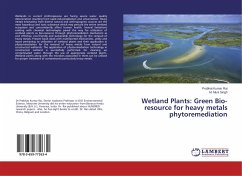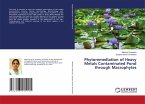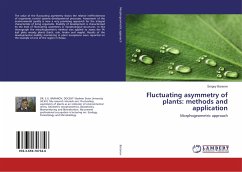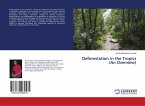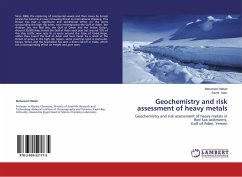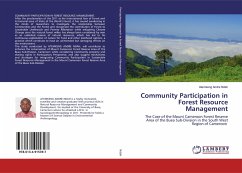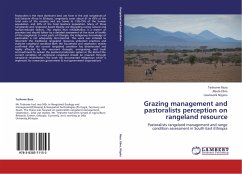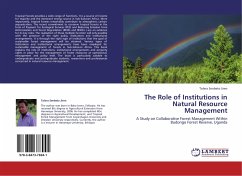Wetlands in current Anthropocene are facing severe water quality deterioration resulting from rapid industrialization and urbanization. Heavy metals emanating from diverse natural and anthropogenic sources are the most hazardous and toxic substance which may perturb the entire wetland ecosystem and concomitantly affect human health. Several limitations existing with chemical technologies paved the way for utilization of wetland plants as bio-resource through phytoremediation mechanism as cost effective, eco-friendly and sustainable technology for the removal of heavy metals. Present book deals with multifaceted mechanisms, utility and issues pertaining to utilization of wetland plants and their application in phytoremediation for the removal of heavy metals from natural and constructed wetlands. The application of phytoremediation technology in constructed wetland is successfully performed for cleaning up contaminated water through the use of appropriate wetland plants. Wetland plants along with the microbes associated in them can be utilized for proper treatment of contaminants particularly heavy metals.
Bitte wählen Sie Ihr Anliegen aus.
Rechnungen
Retourenschein anfordern
Bestellstatus
Storno

